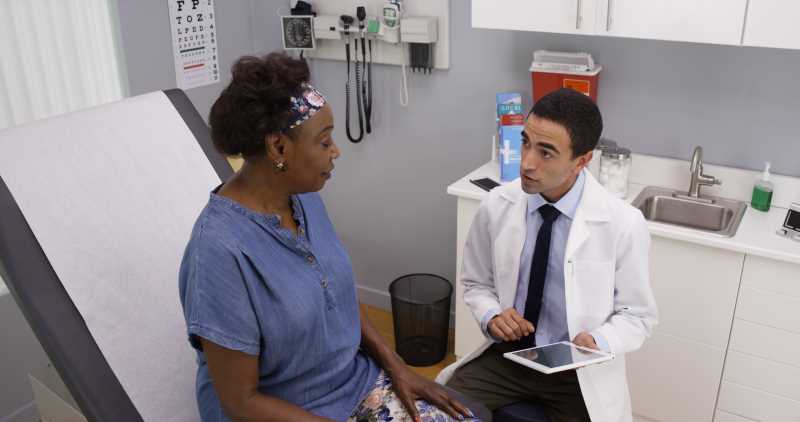
Hematology/medical oncology fellows responded positively to the creation of an antiracism curriculum, according to a study presented during the 2021 ASCO Annual Meeting.
“The nation-wide protests for racial justice following the senseless killings of Breonna Taylor, Ahmaud Arbery, and George Floyd further brought to the forefront the need for immediate action to address widespread inequities across graduate medical education, our healthcare system and society as a whole,” study authors wrote. “Therefore, the Johns Hopkins Hematology/Medical Oncology Fellowship Program focused on creating an anti-racism curriculum to foster dialogue on systemic racism and discrimination, grounded in the institutional and geographic context of our training program.
The antiracism initiative, featuring virtual town halls with Black alumni of the fellowship, book clubs, readings, and lectures, was developed using the Kern six-step curriculum development method. Six months after the program launched, a survey was conducted among trainees.
Of 34 fellows who received the survey, 25 completed it. They called the curriculum both helpful (68%) and encouraging (60%). The program also helped to increase fellows’ awareness of racism in medicine, think about next steps that their fellowship could take to address racism, and identify resources to provide support and education. The most significant priorities, according to the fellows, were community engagement and recruitment of diverse fellowship classes.
“Social justice and anti-racism education belong in the formalized training of our hematology/medical oncology fellows. To this end, our ongoing curricular expansion is focusing on anti-racism training, diverse recruitment and youth mentorship,” the researchers concluded. “Collectively, a comprehensive yet program-specific approach facilitates opportunities for learning, engagement and development of the skills necessary to engage in this life-long work for ourselves, our communities and our patients.”







 © 2025 Mashup Media, LLC, a Formedics Property. All Rights Reserved.
© 2025 Mashup Media, LLC, a Formedics Property. All Rights Reserved.